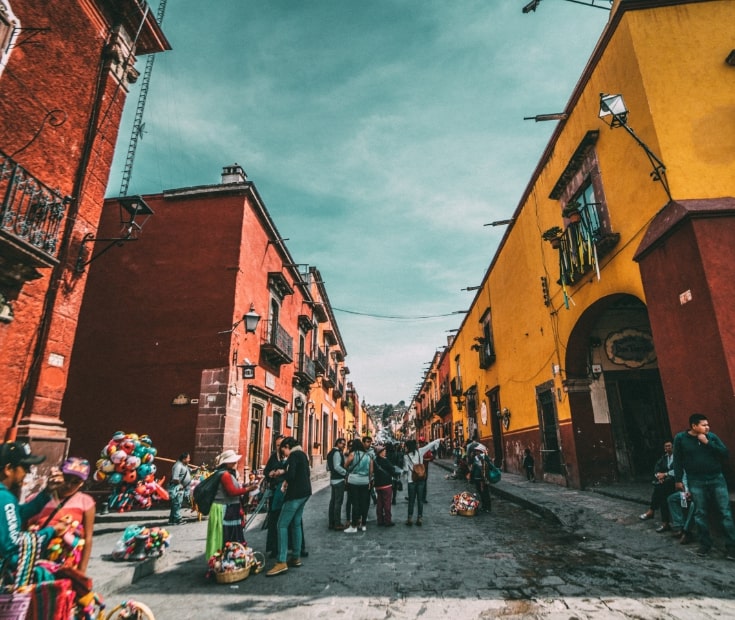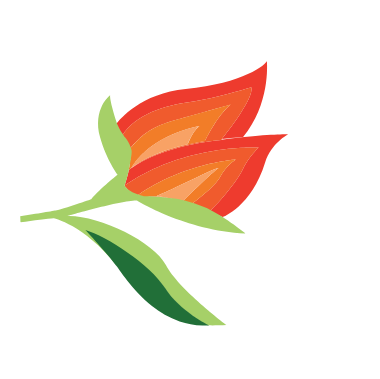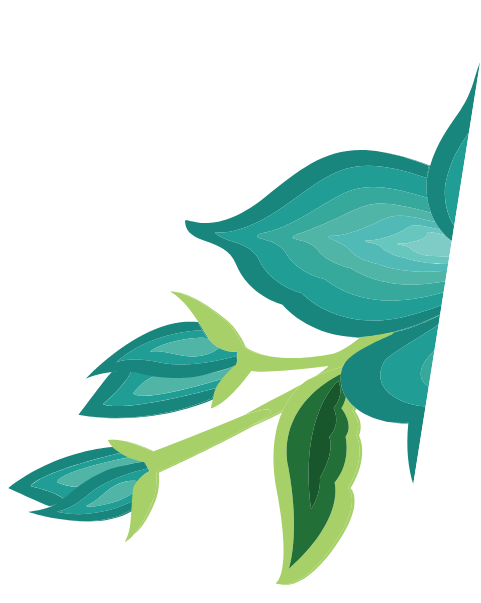About Us
Connection. Community.
Café Mexicano.
Our Story
Sabormex has produced Mexican coffee for over 75 years and distributed it throughout the country. They continue to maintain rich relationships with the farmers and communities that grow and harvest coffee beans. As a result, Café Mexicano has access to the same high-quality beans and processes. It is the only coffee brand in the U.S. that is exclusively grown, harvested, and roasted in Mexico. No multi-country blends here. We are the most authentic Mexican coffee available in the U.S., made with 100% Arabica specialty beans that are roasted at origin.

The Coffee Growing
Regions of Mexico
Mexican coffee is very balanced, light acidity and a smooth finish, some of the most pleasant coffee you can drink. Mexico is one of the best places, topographically speaking, for cultivating Arabica coffee. The mountain-range altitude, jungle climate, and enriched soil conditions found in the southern regions of the country make it an ideal environment for producing high-quality coffee. All of Café Mexicano’s coffees are sourced from these regions in Mexico, making it one of the only fully Mexican coffees available to consumers. ¡Viva Mexico!
Regions
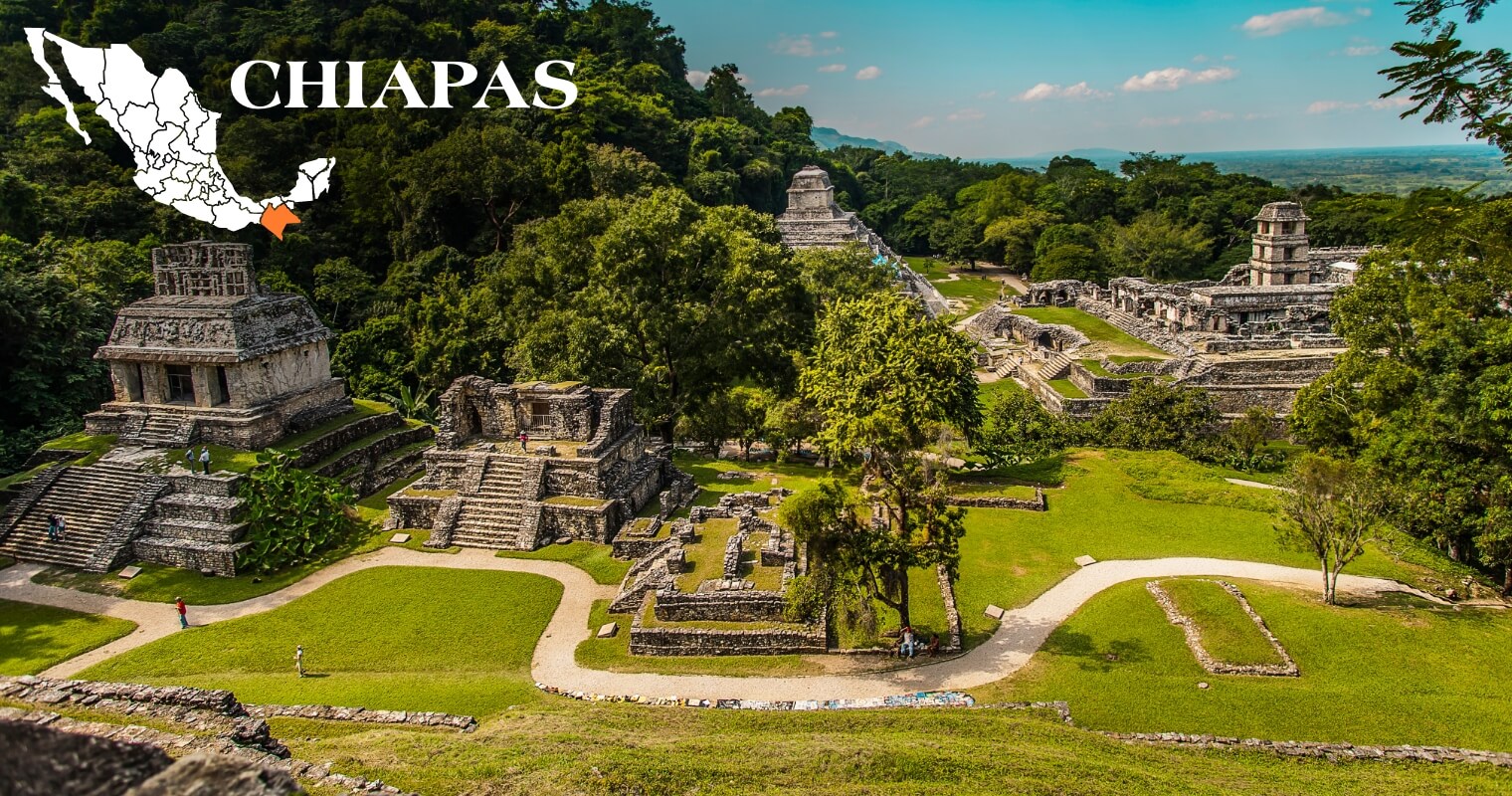
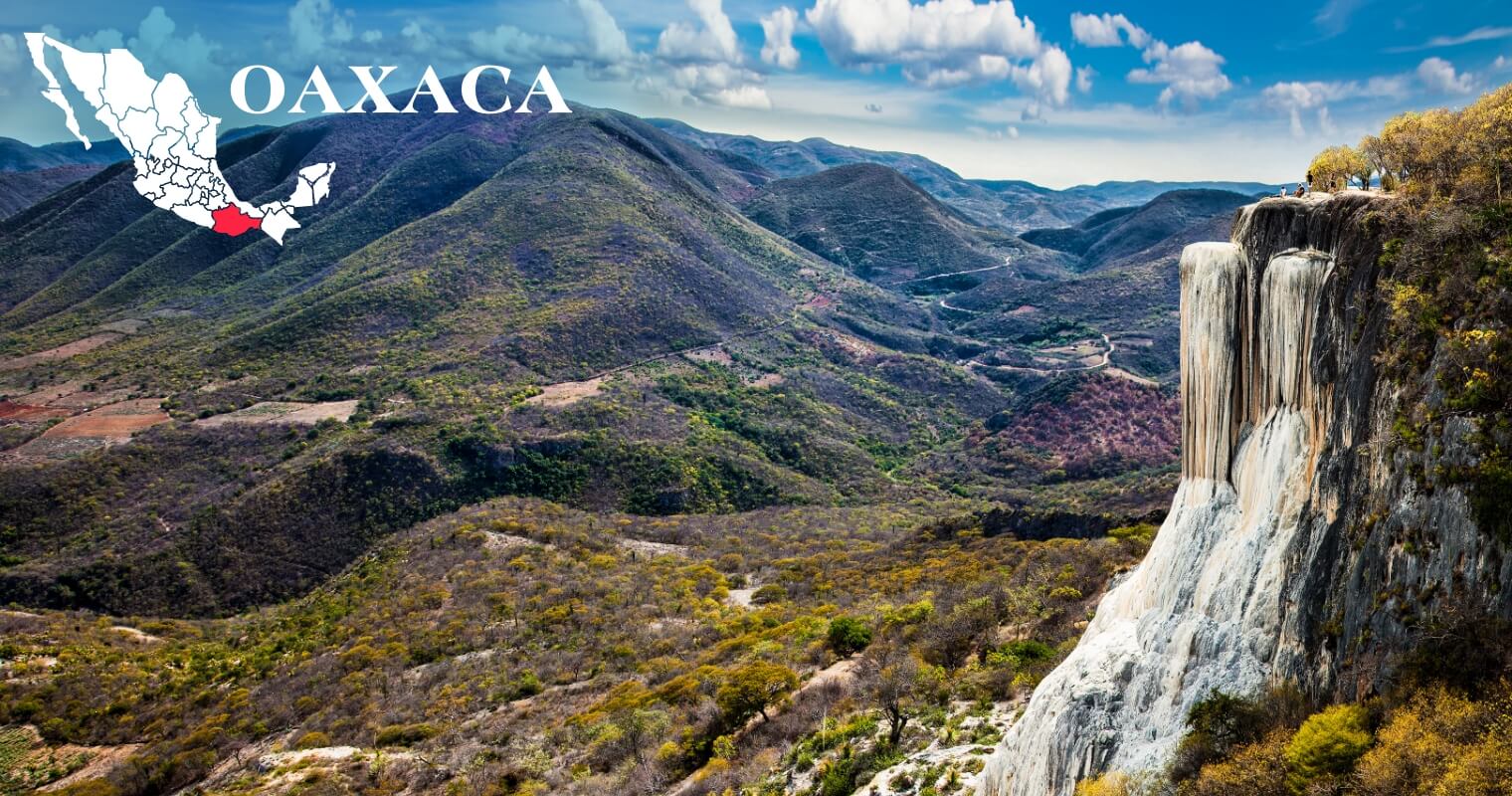
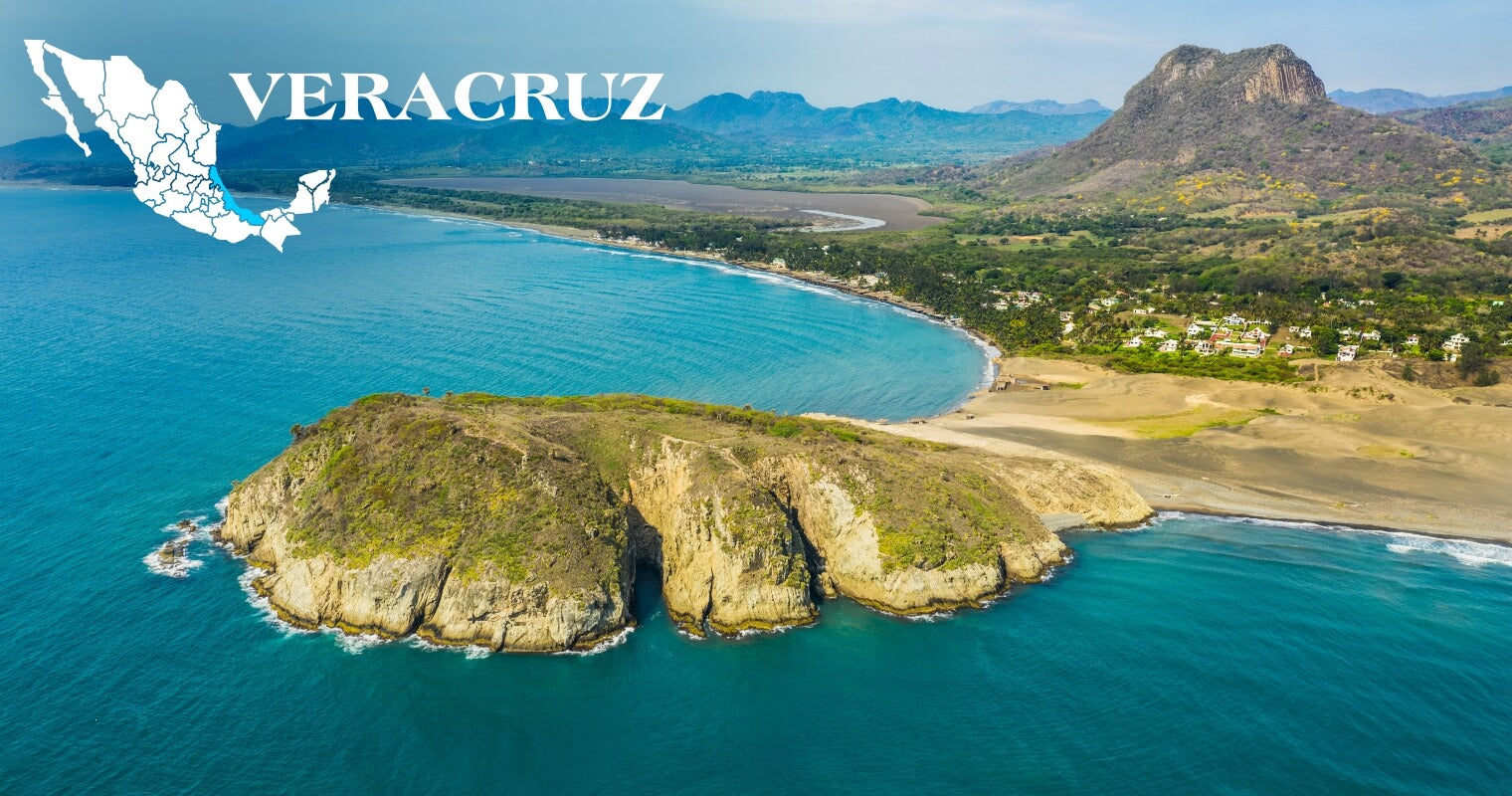

The People Who
Grow Our Coffee
By its very nature as a conversational beverage, coffee is communal. In Mexico, people drink it throughout the day and into the evening, pairing it with savory dishes like tamales and desserts like flan. The Mexican economy has been supported by generations of coffee farmers, most with farms smaller than 10 hectors (24 acres). The average farmer has 1 to 3 hectors of land (1 hector is 2.4 acres of land). Among those supplying beans for Café Mexicano, the average farm is one to three hectors and growing techniques have been passed down from one generation to the next.
Giving Back to
Coffee Communities
Jóvenes por la Caficultura Sostenible (Youth for Sustainable Coffee Farming) is a community program funded by proceeds from Café Mexicano. The program serves to educate young people from coffee-growing families in Chiapas, Oaxaca, Puebla, and Veracruz.
In addition to strengthening their knowledge, students from the next generation learn skills to ensure a successful future. Coursework includes the following modules:
- Basic Accounting and Finance of the Rural Family Business
- Productivity and Sustainable Quality
- Business Model Innovation
- Critical Aspects of Technical Crop Management
- Regenerative Agriculture
